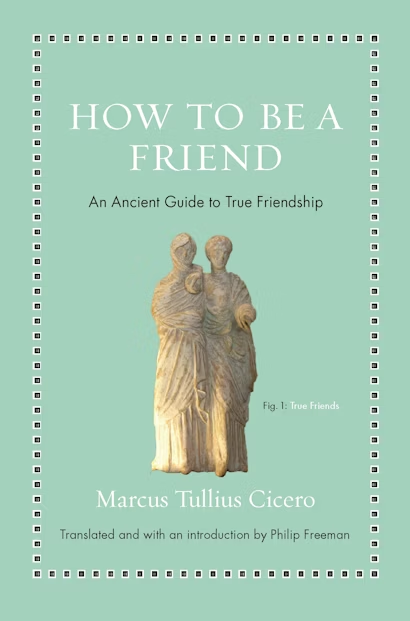Plagues and pandemics are nothing new in history with the classical world of ancient Greece and Rome certainly having their share. In a famous passage in the Peloponnesian War, often studied during the COVID outbreak of the last two years, the historian Thucydides describes how a devastating disease ripped through Athens leaving large parts of the city dead and dying. Nothing anyone could do made any difference for their prospects of recovery, with good and bad alike passing away in the streets, prayers to the gods unanswered. Most of the population descended into to acting out their worst instincts while they were still breathing, reckoning with good reason that they might perish the next day.
I’ve read and discussed this Thucydides passage with my undergraduate students over Zoom classes these last few semesters while we’ve been huddled alone at our homes. All of us have been struck by the parallels between our society and ancient Athens. Most haven’t suffered the terrible trials and loses that Thucydides describes, but the selfishness bred by fear is still all around us as we struggle to emerge from the pandemic and find our way back to a normal life.
Seemingly against all odds, my California university was at last able to safely reopen our London campus this term after it was shuttered a year and a half ago. As the faculty member resident here with the students and anxious to watch them emerge from their previously-isolated lives to live, study, travel, and interact with other young people for the first time in so long, I’ve been both fascinated and terribly worried to see how things would turn out. All of us, including classics professors in their 60s, have gotten rusty at dealing with others face to face. The first time someone extended their hand to shake mine a few weeks ago I stared at them dumbly having honestly forgotten what I was supposed to do. Would the students be any better? Living in a tightly-packed community with thirty other college students is hard enough in the best of times, but would they be able to make the transition during the post-COVID era?
What I’ve seen has surprised me. When they all got off their planes at Heathrow Airport and met each other for the first time in person, they seemed shy and awkward, like children on the first day of kindergarten. But by the time they collected their luggage and we found our way to the taxis to take us to our new South Kensington home, they were beginning to loosen up. They made a game out of spotting the first red double-decker bus and seeing who could find the most Bentleys in London traffic. After they arrived at our campus and moved into their rooms, they had a few hours allotted to sleep off the jet lag before we began orientation. To my surprise, not a single one crashed on their beds, but instead all of them gathered to explore London together. By dinner that night they acted like they had known each other for years.
Call it the unbounded resilience and enthusiasm of youth, but to me it seemed like something more was at work. This group of sophomores had been living at home and taking online classes for their whole college careers so far. Aside from a few old high school buddies, they had hardly spoken to a living soul their own age for over a year. Now they could talk, eat, argue, laugh, cry, and share their dreams with others their age in person again. They had rediscovered friendship.
The Roman writer Cicero knew that connecting with people is what makes life worth living:
Friendship is nothing other than a common accord with goodwill and affection between people about all things divine and human. With the exception of wisdom, I’m inclined to believe that the immortal gods have given nothing better to humanity than friendship.
I’m sure there are plenty of bumps and tears ahead this semester for our little group of college students here in London, but whatever the problems, these kids will be alright. After so long away from others, they at last have friends again.
Philip Freeman, a classics professor at Pepperdine University, is the translator of Cicero’s How to Be a Friend: An Ancient Guide to True Friendship.

